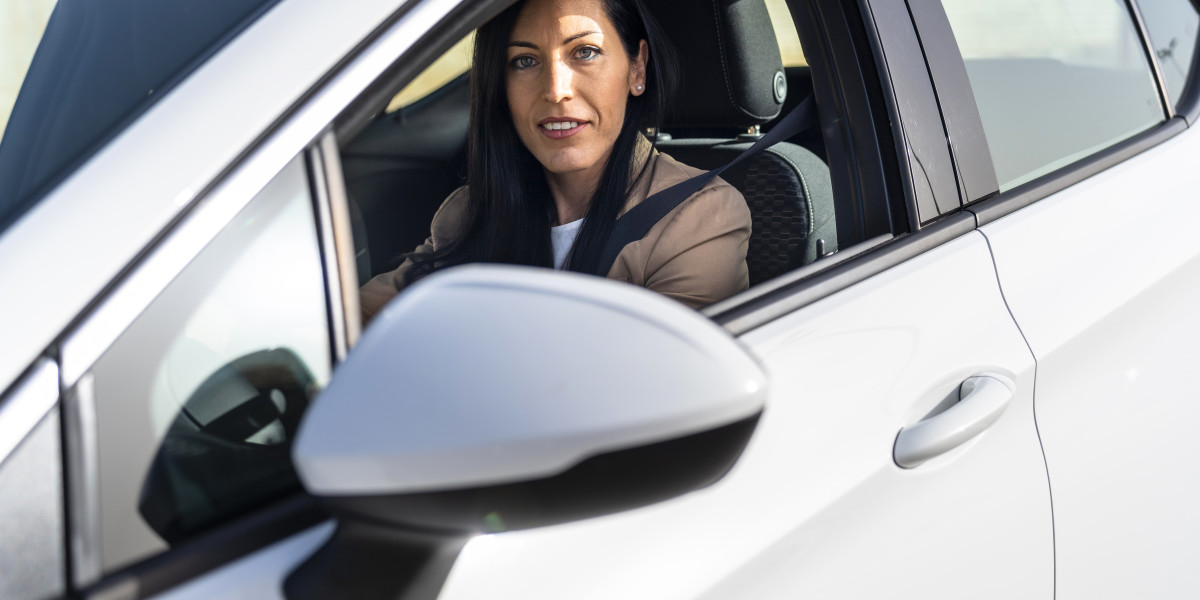Understanding the Process of Buying a Driver License: A Comprehensive Guide
In today's increasingly mobile society, having a valid driver's license is often thought about a requirement. It offers people with the freedom to browse their environments, access job opportunities, and carry out day-to-day activities with ease. However, the idea of acquiring a driver's license can be mired in confusion and frustration, especially for those not familiar with the traditional application routes. Despite some deceptive stories that recommend the option to simply "buy driver license" a driver's license, understanding the legal pathways and the ramifications of such choices is vital for anyone seeking to strike the road lawfully.
The Importance of a Valid Driver's License
A driver's license serves multiple important functions:
Legal Identification: It serves as a government-issued identification document, accepted broadly for various functions, including ballot and financial transactions.
Evidence of Driving Competence: The license indicates that the holder has actually passed the necessary driving examinations, demonstrating their capability to run a vehicle safely.
Insurance coverage Requirement: Most states need drivers to have a legitimate driver's license to secure automobile insurance coverage, which is obligatory for roadway use.
Traffic Laws Compliance: A driver's license reassures law enforcement that people have undergone the essential training to understand and adhere to traffic laws.

Legal Pathways to Acquiring a Driver's License
In pursuit of driving opportunities, there are genuine processes one can follow to acquire a driver's license:
1. Student's Permit:
- This is frequently the very first action for brand-new drivers. A student's license allows people to practice driving with a certified adult present.
- To get a student's license, candidates normally must:
- Be of a particular age (normally 15 or 16).
- Pass a composed understanding test.
- Offer necessary documents, such as proof of identity and residency.
2. Driver Education:
- Enrolling in a driver education course can provide important knowledge about road rules, security procedures, and lorry operation.
- Conclusion of this course might be a prerequisite for obtaining a complete driver's license in the majority of jurisdictions.
3. Roadway Test:
- After preserving the learner's authorization for a given duration and logging the required driving practice hours, individuals can arrange a roadway test.
- Passing this test is important for getting a full, unrestricted driver's license.
4. Documents:
- Applicants will typically need to supply:
- Identification files (like a birth certificate or passport).
- Proof of house.
- Social Security number.
- Any previous driving records, if suitable.
5. Charges:
- There are typically charges associated with the application process, which might vary by state.
The Risks of Buying a Driver License
While the idea of buying a driver's license may initially seem appealing, it is accompanied by substantial risks and possible consequences:
Legal Ramifications: Purchasing a driver's license beyond the recognized legal channels is illegal. Individuals captured in this act may deal with severe penalties, including fines or imprisonment.
Identity Theft Risks: Many fraudulent deals on the internet include identity theft, where people may unintentionally expose their individual information.
Insurance Issues: Without a genuine driver's license, acquiring vehicle insurance coverage can be difficult. Driving without insurance coverage can result in large fines and liability for mishaps.
Increased Risk of Accidents: Without the requisite training and testing related to acquiring a legitimate license, untrained drivers posture a threat to themselves and others on the road.
Frequently asked questions About Acquiring a Driver License
1. Can I drive without a driver's license?
No, driving without a valid driver's license is unlawful in the majority of jurisdictions. It can lead to fines and additional penalties.
2. The length of time does it take to get a driver's license?
The timeline can vary depending upon the person's state of home, stockpile at the Department of Motor Vehicles (DMV), and how quickly the applicant finishes the required steps. Normally, the whole process may take numerous months from obtaining a learner's license to scheduling and passing the roadway test.
3. Can I utilize my out-of-state driver's license in another state?
Yes, numerous states permit individuals to drive with an out-of-state license for a specific duration. However, if you become a citizen of the new state, you will need to obtain that state's driver's license.

4. What should I do if my driver's license is lost or stolen?
You ought to report the loss or theft to your local DMV and follow their procedure for getting a replacement. This typically involves confirming your identity and paying a small fee.
5. Are there age limitations for acquiring a driver's license?
Yes, each state has minimum age requirements. Typically, individuals can start the process with a student's permit at age 15 or 16, however full licenses are typically approved at 18 or 21.
Concluding Thoughts
While the allure of merely buying a driver's license may exist in some circles, the involved dangers and legal ramifications make this option unadvisable. Instead, understanding and following the genuine paths to acquiring a driver's license is the most safe and most accountable method. Whether through a teen's initial journey towards independence or an adult looking for to gain back driving advantages, browsing the appropriate channels not only guarantees compliance with the law but also fosters responsible and informed drivers. Therefore, potential drivers are encouraged to invest their effort and time into the legal process, guaranteeing a bright and legal future invested on the open road.








